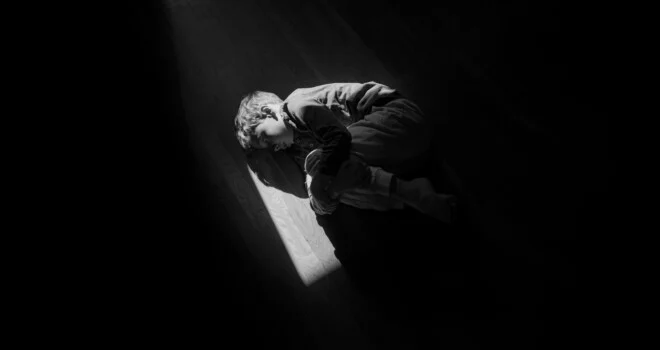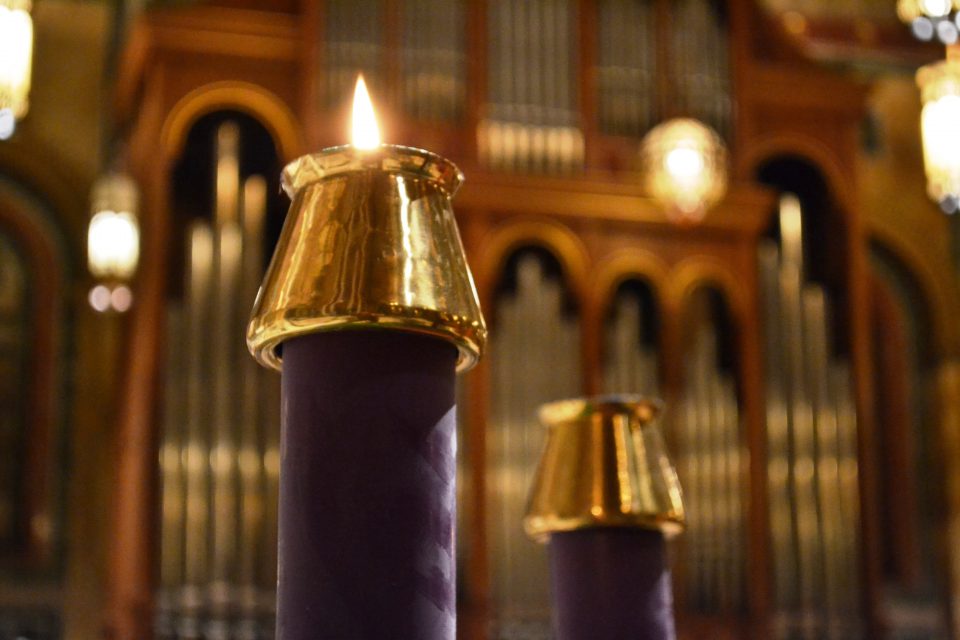By Dr. Donald DeMarco, Catholic Exchange, March 26, 2025
Dr. Donald DeMarco is Professor Emeritus, St. Jerome’s University and Adjunct Professor at Holy Apostles College. He is is the author of 42 books, a former corresponding member of the Pontifical Academy of Life, and a Member of the Advisory Board of the Institute for Christian Personalism in The Netherlands. …
 Fear is a fundamental feature of our life. It cannot be eradicated. It differs from pain insofar as it anticipates something and is not experienced directly. It is an anxiety about what might happen. Existential philosophers refer to fear as rooted in our very existence. They refer to it as “existential anxiety.” Therefore, it is normal. But how we respond to fear is another thing. When President Franklin Delano Roosevelt told his countrymen that there is nothing to fear but fear itself, he was offering hope in a time of war. When Karol Wojtyla became Pope John Paul II, the first thing he said to his people was, “Do not be afraid.” This is all good advice, but how does one overcome fear, and what are the consequences of allowing fear to have its way?
Fear is a fundamental feature of our life. It cannot be eradicated. It differs from pain insofar as it anticipates something and is not experienced directly. It is an anxiety about what might happen. Existential philosophers refer to fear as rooted in our very existence. They refer to it as “existential anxiety.” Therefore, it is normal. But how we respond to fear is another thing. When President Franklin Delano Roosevelt told his countrymen that there is nothing to fear but fear itself, he was offering hope in a time of war. When Karol Wojtyla became Pope John Paul II, the first thing he said to his people was, “Do not be afraid.” This is all good advice, but how does one overcome fear, and what are the consequences of allowing fear to have its way?
Fear can lead to paralysis. A person fears going to a job interview because he fears that he will not perform well and not be hired. As a result, being overcome by fear, he decides not to go to the interview. In so doing, he removes the possibility of landing the job. A young man fears being rejected by an attractive girl. He gets cold feet and decides not to call her. He avoids the pain of rejection but forfeits the possibility of having the girl as a friend. There are many highly talented musicians who avoid performing because they fear public criticism or making mistakes. …







